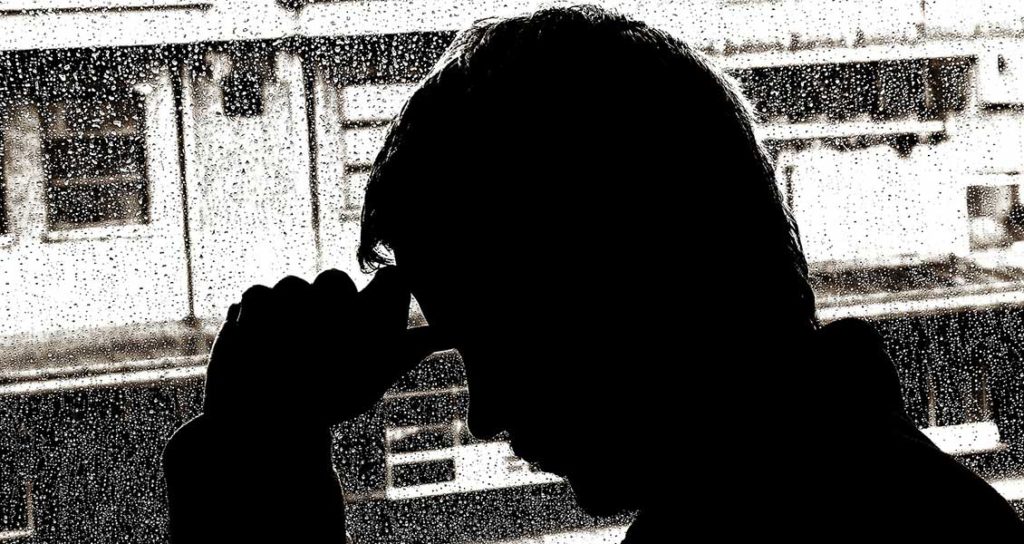Diagnosing psychiatric symptoms in a person with Autism is very difficult and requires time and an experienced Clinician who has prior knowledge working with Autism or Intellectual Disability. Therefore, involving the family, or carer is crucial as they can offer insightful details of day to day functioning of that person, and any significant changes from their normal routine. Careful attention to sleeping patterns, appetite changes, and increased social withdrawal are indicators of potential mental health crisis. For further information please see www.emeraldinsight.com.
Depression:
Changes in mood; negative attitude towards self or others; changes in appetite (increase or decrease) sleep disturbance (increase or decrease); decrease in energy and loss of enjoyment in activities; decrease of interest and motivation in usual activities
Anxiety:
Increased sensitivity to loud noises; irritability and temper tantrums; panic attacks, social withdrawal; social phobias; inappropriate and excessive speech; worsening repetitive behaviours such as self-harm, body mutilation
Obsessive Compulsive Disorder:
Distressing or obtrusive thoughts that lead to compulsion to perform tasks or rituals and leading to greater anxiety; compulsive behaviours can be repetitive hand-washing, fear of germs; head-shaving due to dandruff;
Psychosis:
Dramatic changes in personality; hearing voices (delusion); seeing things that are not there (hallucination); feeling like things are unreal; paranoid of others; disorganized speech (word salad); changes in appetite (decreased or increased); changes in sleep patterns (decreased or increased)
Schizophrenia:
Hearing voices (that are not there); delusional thinking (TV talking to you); hallucination (things not real around you); covering their eyes and ears to stop visual and auditory interferences; staring into space; wearing extra layers of clothes to keep safe; poor decision making; decline in sleeping patterns, eating and personal hygiene.
